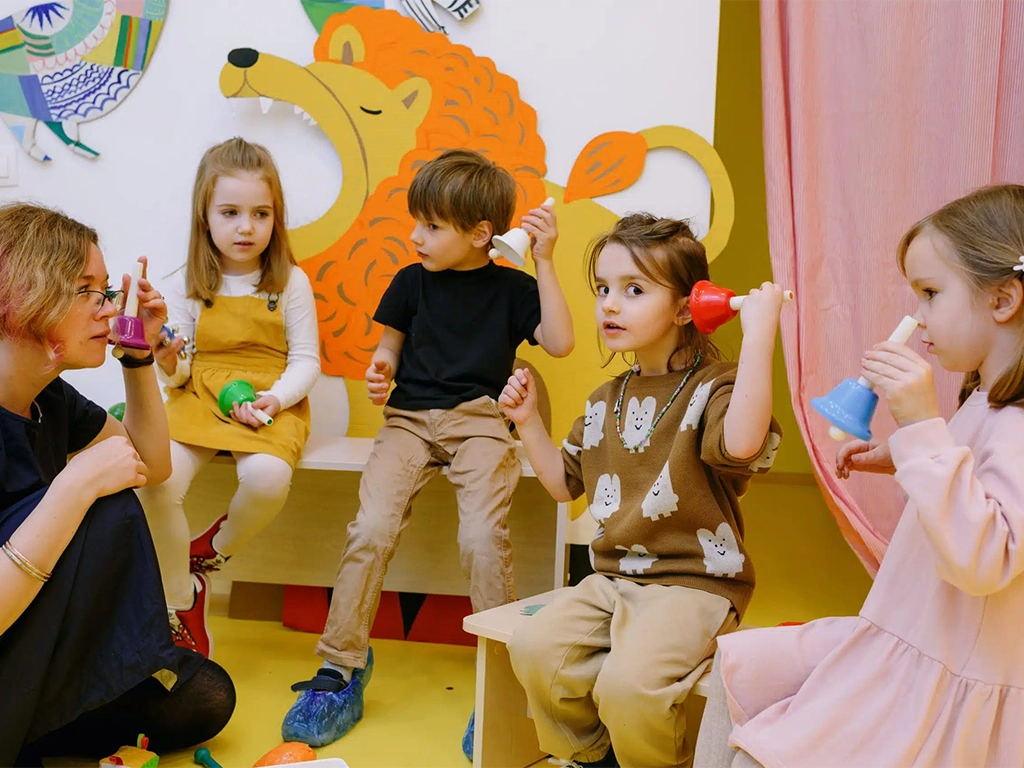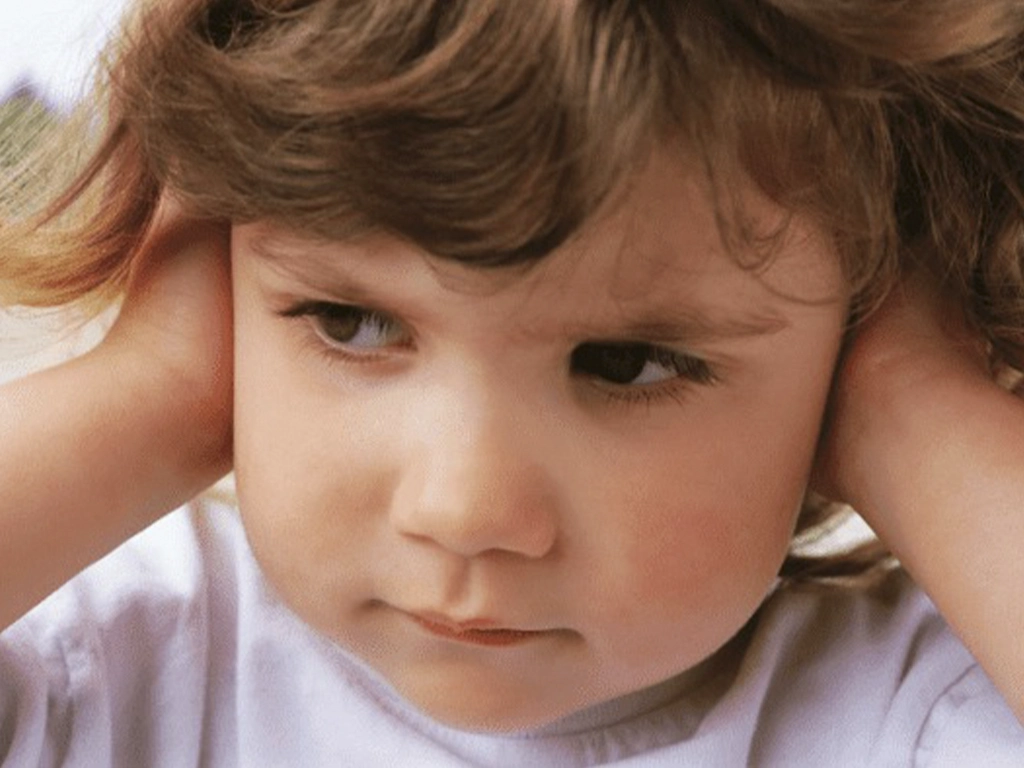Discover a wealth of engaging activities tailored for nonverbal autistic children, designed to enhance communication, sensory, fine motor, and social skills. From sensory play to social stories, this comprehensive guide explores a variety of approaches to support your child’s development. Explore the power of visual cues, AAC apps, and interactive games to create a fun and inclusive learning environment for nonverbal autistic children.
Understanding the Unique Needs of Nonverbal Autistic Children
Children on the autism spectrum often face unique challenges, particularly those who are nonverbal. However, with the right activities and support, significant strides can be made in developing communication, sensory, fine motor, and social skills. In this guide, we’ll delve into a range of effective strategies and activities designed specifically for nonverbal autistic children.
Communication Skills: Embracing Alternative Methods
For nonverbal autistic children, communication skills are a crucial aspect of their development. Introducing Augmentative and Alternative Communication (AAC) apps can be a game-changer. These apps offer visual cues and symbols that assist in fostering language development. Exploring various AAC apps tailored to the child’s needs can open new avenues for communication.
Sensory Play: A Multisensory Approach
Sensory activities play a pivotal role in the development of nonverbal autistic children. Incorporating sensory play not only enhances their sensory processing but also provides a fun and engaging way to learn. Activities like textured playdough, water play, and sensory bins can stimulate their senses, contributing to an enriched sensory experience.
Fine Motor Skills: Nurturing Coordination and Control
Developing fine motor skills is essential for daily life skills, and nonverbal autistic children can benefit greatly from targeted activities. Engage them in activities like finger painting, threading beads, or using building blocks to enhance hand-eye coordination and fine motor control. These activities not only support motor skills but also offer an opportunity for self-expression.
Social Skills: Fostering Interaction and Connection
While nonverbal autistic children may face challenges in social interaction, tailored activities can help bridge this gap. Social stories, which use visual cues to depict social situations, can aid in understanding and practicing appropriate social behaviors. Additionally, structured social skills activities, such as turn-taking games, promote interaction and communication in a supportive environment.
Music and Movement: A Universal Language
Music and movement activities provide a universal and enjoyable way for nonverbal autistic children to express themselves. Incorporate music into daily routines, use rhythmic games, or encourage simple dance activities. The rhythmic patterns can have a calming effect while fostering a sense of joy and expression.
Life Skills: Building Independence
Teaching life skills is crucial for the holistic development of nonverbal autistic children. Introduce activities that focus on daily tasks such as dressing, grooming, and feeding. Breaking down these activities into smaller, manageable steps with visual supports can empower the child to gain independence gradually.
Tailoring Activities to the Autism Spectrum
It’s important to recognize that each nonverbal autistic child is unique, and what works for one may not work for another. Tailor activities to the child’s specific needs and preferences, keeping in mind their sensory sensitivities and communication style.
Inclusive Education: Collaboration Between Teachers and Parents
Creating a supportive learning environment requires collaboration between teachers and parents. Share insights, observations, and successful strategies to ensure consistency between home and school environments. Open communication channels can significantly contribute to the child’s progress.
Conclusion
In conclusion, the journey of supporting nonverbal autistic children in their development involves a multifaceted approach. By incorporating activities that address communication, sensory, fine motor, and social skills, we can create an enriching environment that empowers these children to thrive. Remember, every small step forward is a significant achievement, and with patience and dedication, nonverbal autistic children can reach their full potential.




